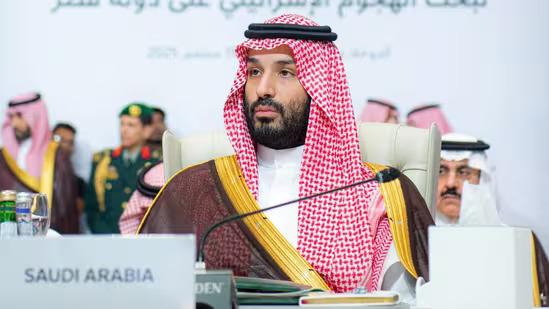Saudi Arabia has officially ended its decades-old Kafala (sponsorship) system, marking a historic shift in labour rights across the Gulf. The reform, announced in June 2025 as part of Crown Prince Mohammed bin Salman’s Vision 2030 plan, is set to improve the lives of over 10 million migrant workers, including more than 2.5 million Indians who make up one of the largest foreign communities in the Kingdom.
For decades, the Kafala system tied migrant workers’ legal status to their employers, who acted as sponsors controlling their visas, residency, and job mobility. Under this system, workers needed their employer’s consent to change jobs, travel abroad, or even renew their residence permits. Human rights groups, including Human Rights Watch and the International Labor Organization (ILO), had long criticized the practice for enabling exploitation and abuse. Reports of withheld wages, passport confiscation, and harsh working conditions were widespread.
The system came under intense international scrutiny during the 2022 FIFA World Cup in Qatar, where thousands of migrant labourers—mostly from India, Nepal, and Bangladesh—faced similar restrictive conditions. Now, Saudi Arabia’s decision to abolish the policy represents a major win for migrant rights advocates and a key step toward improving global labour standards.
Under the new reform, foreign workers can change employers without their sponsor’s permission after completing their contract or giving appropriate notice. They can also travel abroad freely without seeking exit or re-entry permits. The Saudi Ministry of Human Resources and Social Development said the new measures aim to create “a fairer, more competitive labour market” while maintaining digital systems to ensure compliance and transparency.
The change supports Saudi Arabia’s Vision 2030—a plan to diversify the economy, attract global investment, and enhance its international image on human rights. Analysts view this decision as part of a wider effort to reduce oil dependency and make the Kingdom more appealing to foreign investors and skilled professionals.
For the Indian workforce, which makes up a major part of Saudi Arabia’s foreign labour community, the reform offers several benefits. Workers are now expected to enjoy:
- More job freedom and mobility, as they can switch employers more easily.
- Less exploitation, thanks to the removal of exit permits and tighter monitoring.
- Better career opportunities, as open competition encourages fair recruitment and pay.
However, experts caution that successful implementation will determine how effective the reform truly is. “The real test lies in consistent enforcement and grievance redress mechanisms,” one labour rights analyst noted. Without proper oversight, there is a risk that old practices may persist informally.
Despite the challenges, this step marks a turning point for migrant rights in the Middle East, setting a precedent for other Gulf nations to follow. It signals that economic reform and social justice can go hand in hand in building a fairer and more inclusive workforce.

